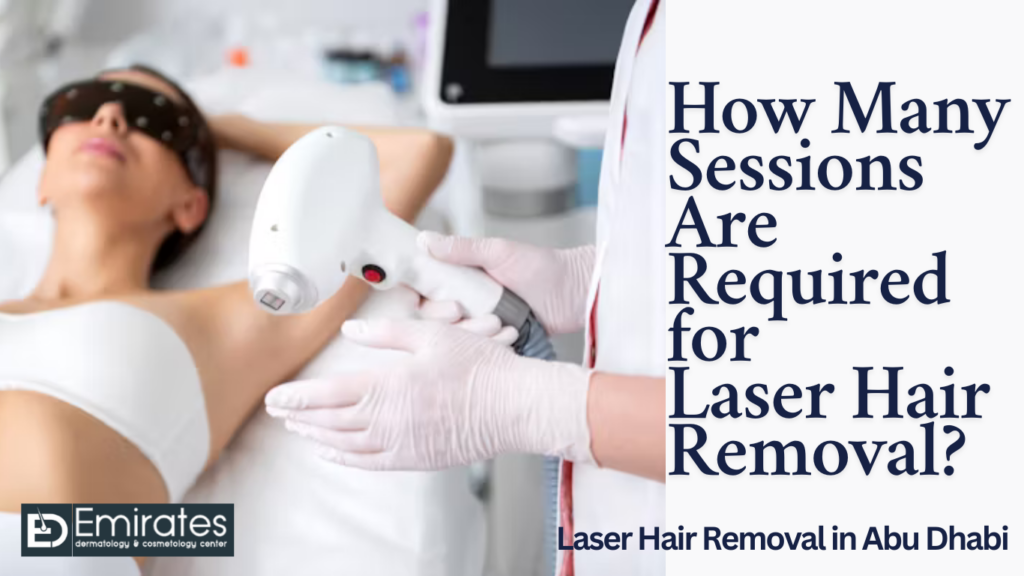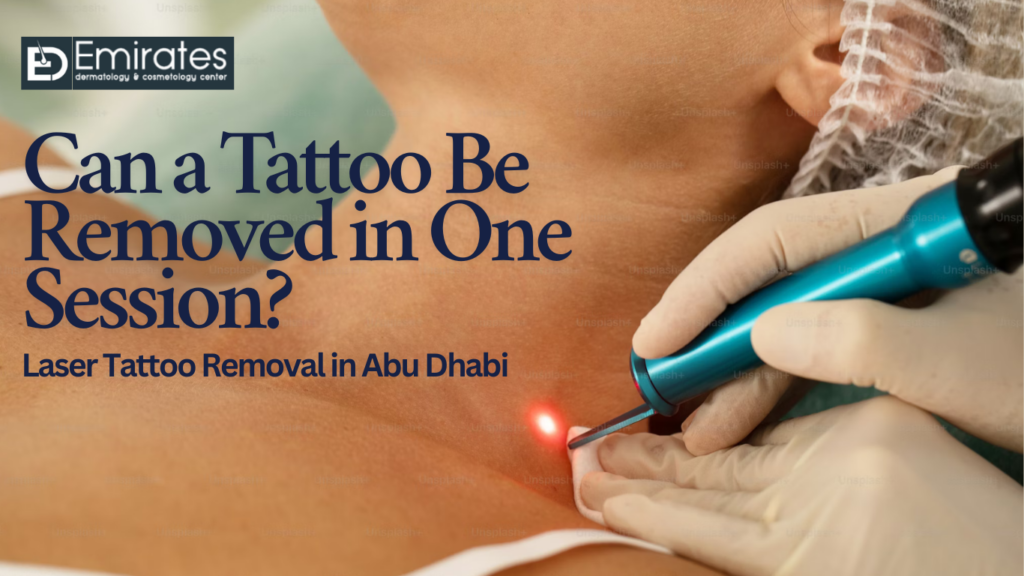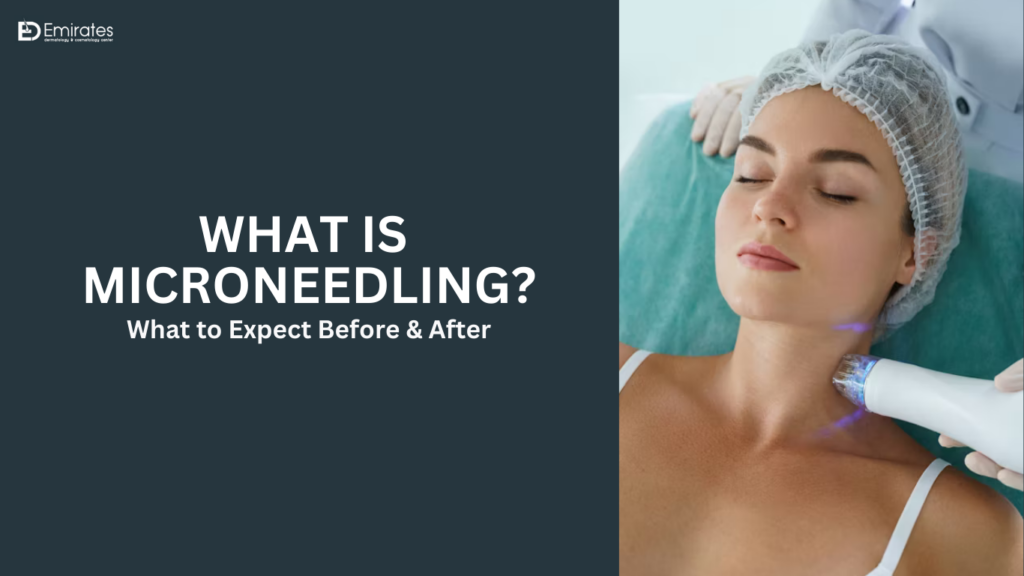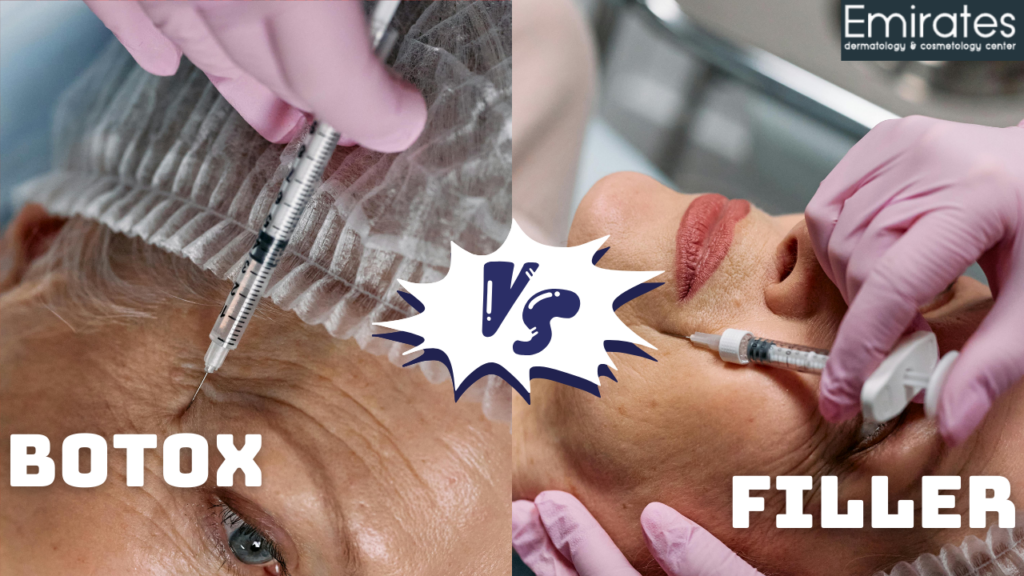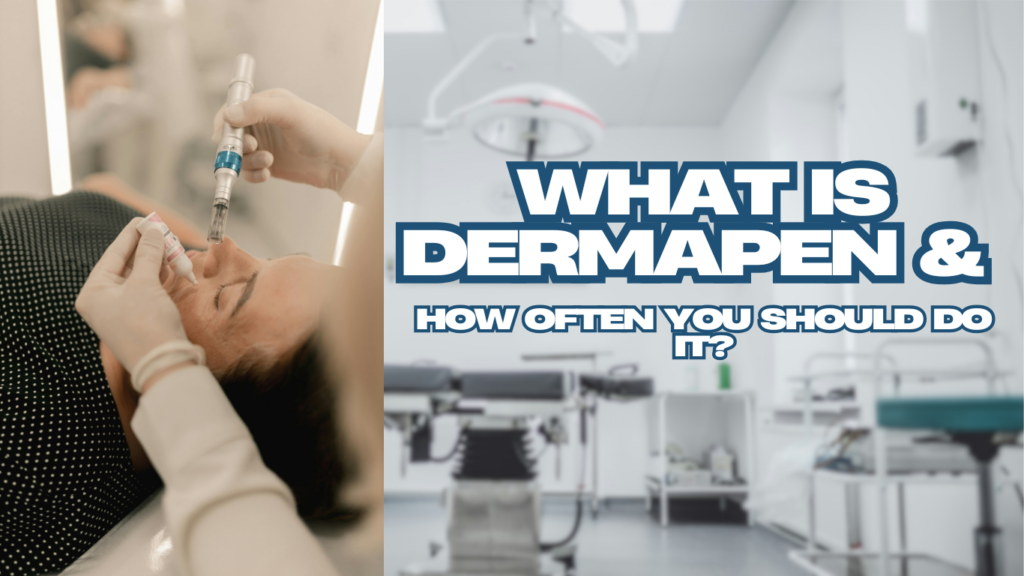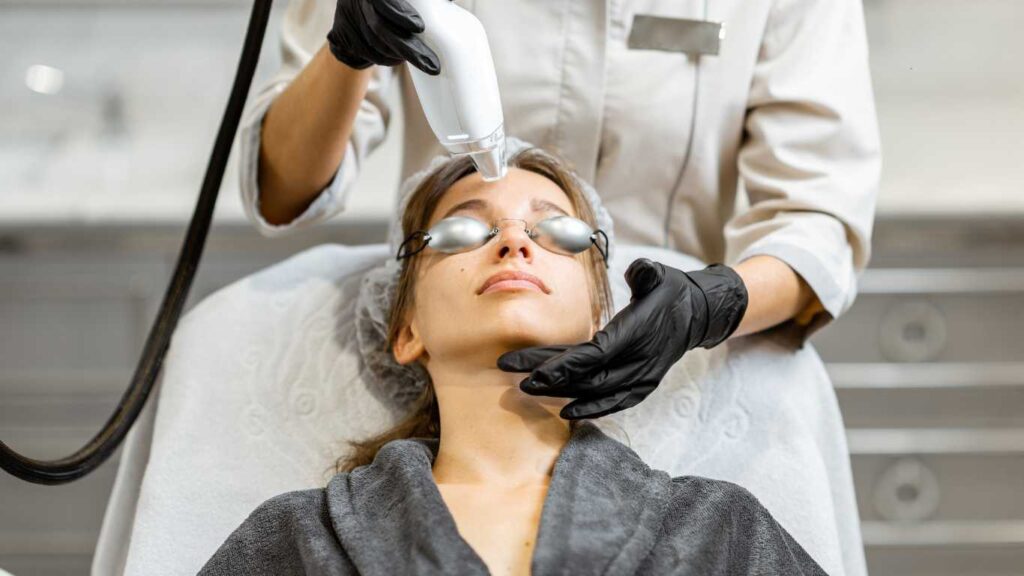PlayJango Canada real money casino bonuses
Play now ≡ Gifts Casino Sign In Guide ✫✫✫✫✫✫✫✫✫✫ 4.0/51.374 votes PlayJango Canada Real Money Thrills Sign up at PlayJango Canada for a matched first deposit and free spins shown at registration. Claim Daily Picks, prize drops and tournaments. Fast cashouts to e‑wallets after approval. Seasonal promos roll in weekly with fair terms and clear rules. Winter wonderland: 350% Match to C$750 & 30 Spins ♠ Keep stacking! Play now Slots Casino Poker Sports Rated Lineup of Real-Money Online Casino Brands within Canada for 2026 – reviewed 1 4.5 ★★★★★ Spinit Welcome Bundle Up to CAD 150 + 160 Free Spins SIGN UP 2 4.5 ★★★★★ Tooniebet High Roller Welcome: 300% Up To $750 + 180 FS SIGN UP 3 4.5 ★★★★★ Draftkings Second Deposit Bonus 80% Up to 900 CAD & 400 FS SIGN UP 4 4.3 ★★★★★ Partycasino Weekly Cashback: 25% up to 400 CAD SIGN UP 5 4.9 ★★★★★ Adrenaline Welcome Offer 125% up to C$200 + 20 Spins + 20 Bonus Bet SIGN UP 6 4.2 ★★★★★ Betvictor New Player Bonus 150% up to CAD 3,000 & 300 FS SIGN UP 7 4.8 ★★★★★ 10bet Daily Spins: 180 Free Spins + 40% Up To 50 CAD SIGN UP 8 4.5 ★★★★★ Slot stars Welcome Package Up to 300 CAD & 400 Free Spins SIGN UP 9 4.9 ★★★★★ Ilucki Sunday Spins: 500 Free Spins + 10% Cashback Up to $900 SIGN UP 10 4.5 ★★★★★ Spinit No-Deposit Offer: 90 FS (new players) SIGN UP 11 4.5 ★★★★★ Barstool Sign-Up Bonus 90% up to C$450 & 40 Bonus Spins SIGN UP 12 4.5 ★★★★★ Arkadium First Deposit Bonus 175% Up to CAD 800 & 20 Spins + 30 Free Bet SIGN UP 13 4.9 ★★★★★ Playjango Daily Spins: 50 Bonus Spins + 25% up to CAD 50 SIGN UP 14 4.4 ★★★★★ Winnerama Welcome Package 100% up to 1,000 CAD & 60 Free Spins + 5% Cash Back SIGN UP 15 4.7 ★★★★★ Dukes New Player Bonus 150% up to C$2,000 + 10 Bonus Spins + 7% Cashback SIGN UP 16 4.6 ★★★★★ Bondibet VIP Cashback: 15% up to C$300 & 300 Free Spins SIGN UP 17 4.5 ★★★★★ Betchain Sunday Spins: 80 Spins + 12% Cashback Up To 150 CAD SIGN UP 18 4.3 ★★★★★ Iwin Daily Spins: 20 Bonus Spins + 20% up to 75 CAD SIGN UP 19 4.1 ★★★★★ Playnet First Week Special: 90% Up to 600 CAD + 120 Spins SIGN UP 20 4.5 ★★★★★ Mansion No Deposit Bonus: 500 FS SIGN UP Sick of reading the same recycled casino content? Bet888 brings fresh perspective to online casino interac payment that actually helps. Speaking of important stuff — mobil casino bonus belongs in this conversation. Don’t sleep on apple pay casino, friend. It’s more important than most realize. This is why hy-mark.ca has earned trust across Canada. Another piece of the puzzle: live baccarat online casinos. Fit this in for the complete picture. Your winning streak begins at Canadian casino welcome bonus. Best classic slots on Playjango Online slots at PlayJango range from simple classics to feature‑packed video hits with bonus rounds, wilds and jackpots. Pick volatility and bet sizes that suit your budget. Below, choose a slot theme you like and spin responsibly for entertainment with clear rules and transparent mechanics. STARTSTARTSTARTSTARTSTARTSTARTSTARTSTARTSTARTSTARTSTARTSTART Top-Rated Online Game on Playjango PlayJango offers slots, jackpots, blackjack, roulette, baccarat, craps and a full live casino with game shows. Expect crisp mobile performance, fast payouts and regular tournaments. Licensed operations, clear terms and responsible play tools keep the experience safe, simple and fun for Canadians. Premier Roulette onlineSTARTDemo Blackjack AdvancedSTARTDemo Poker VIPSTARTDemo Slots EliteSTARTDemo Why PlayJango in Canada PlayJango delivers a clean, fast casino with real casino games you can win real money on desktop and mobile. Operated by a long‑standing, licensed company, it focuses on responsible play, transparent terms and prompt withdrawals for Canadian players. Welcome offers and ongoing promos For Canada, the current welcome is displayed during sign up and typically includes a first‑deposit match and free spins on featured slots. Terms and wagering requirements appear in the cashier before you accept, keeping everything clear. Returning players can expect Daily Picks, prize drops, slot races and live‑table boosts. PlayJango promotions refresh frequently, so check the Promotions hub after login. Weekly tournaments spotlight popular titles and jackpots. Winnings from cash bonuses are withdrawable after meeting the posted wagering, and free spins usually have fixed spin values and game lists disclosed upfront. Offer What you get Key terms Status Welcome for Canada Matched first deposit plus free spins Exact amounts shown at sign up; wagering applies; game weighting varies Active Daily Picks Personalised reloads, spins, and missions Offer windows and limits apply Ongoing Tournaments Prize pools and free spins for leaderboard finishes Opt in required; qualifying games listed Weekly Drops and wins Random cash prizes in select slots and live tables Minimum bet and eligible games apply Seasonal Games and live casino PlayJango features slots, jackpots, live dealer and online table games real money including blackjack, roulette, baccarat and craps. If you want to play craps for real money online, browse RNG craps and live craps with simple bets and advanced features. Slot fans get classic three‑reel, feature‑rich video slots and branded hits. Progressive jackpots, including popular multi‑studio networks, climb fast and can trigger on any spin. Live casino tables stream in HD with Canadian‑friendly tables, flexible limits, side bets and real‑time stats. Game shows add low‑stakes fun with multipliers and bonus rounds. Mobile play The mobile site runs smoothly in modern browsers on iOS and Android without installing anything. There is no PlayJango app for Google Play real money gambling in Canada right now. Add PlayJango to your home screen for app‑like navigation, quick cashier access and biometric login support on compatible devices. Payments and withdrawals in Canada Deposits and cashouts are available with trusted Canadian methods. Identity verification may be required before your first withdrawal to protect your account and comply with licensing rules.
PlayJango Canada real money casino bonuses Read More »

